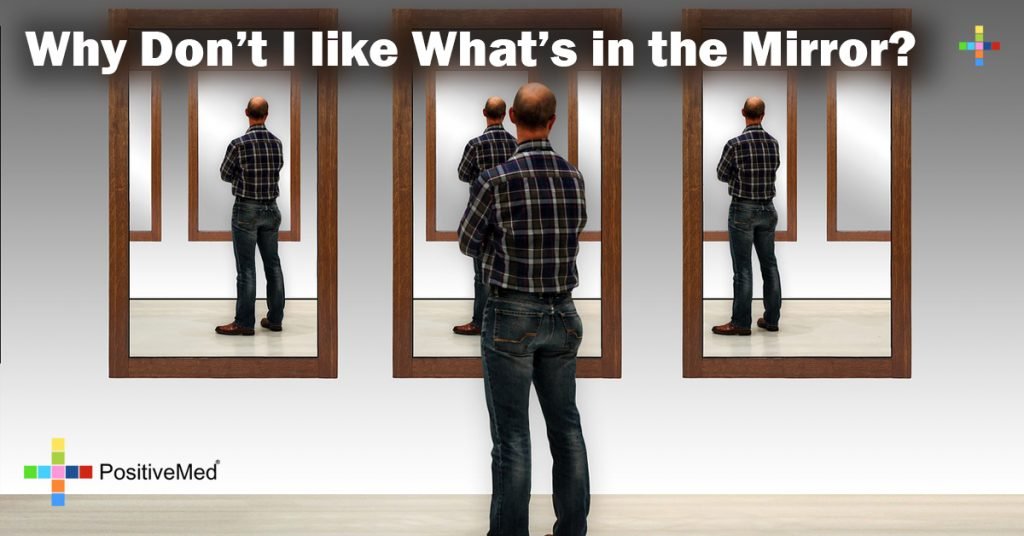
Why Don’t I like What’s in the Mirror?
Low self-esteem is so prevalent that an obvious question arises : What is causing so many people to suffer self-image distortion and feelings of inferiority?
One might think that the problem of devalued self-image occurs only in those who have suffered severe hardships in their childhood or who have significant emotional or physical trauma, this is not true. There are thousands of people who had good homes and loving parents, whose histories have no evidence of emotional trauma, yet they suffer from low self-esteem.

Self-esteem is important because it is the way we perceive and value ourselves. One common reason for people to lose value is by unfair comparison to others, highlighting the virtues of those they think are superior, feeling they have failed to reach their goals, or that their existence has no purpose. They fail to understand that everyone is different, unique, and unrepeatable, they are not more, nor less, than others.
Devalued self-image can be detected often in very young children, some five and six year-old children manifest unjustified feelings of worthlessness, and even at this tender age may exhibit some of the traits of low self-esteem.
Is it possible that self-image is hereditary? Is it possible there are intrauterine factors that affect self-perception? We currently have no definitive answers to these questions, what’s important is that whatever the source of these feelings, they can be corrected.
There is a human predisposition to develop low self-esteem. Of all living creatures man is the one with the longest period of dependence, most mammal’s offspring start walking soon after birth and become self-sufficient in a relatively short time, their period of dependence on their parents is rather short. The human child however, is entirely dependent on their parents for a long period, not only for obtaining food, but also shelter and personal care. Human babies cannot walk for months, and even as they grow they cannot obtain or prepare their own food, or get their own clothing and shelter for many years. Most people aren’t financially independent for decades.
When parents expect their children to fulfill certain functions and roles before they are capable, children may be considered incompetent. They assume the demands of their parents are correct and their lack of compliance is a sign something is wrong with them. On the other side, doing too much for your children and not giving them the opportunity to develop skills can also cause them to feel incompetent. There is a narrow margin to determine how much to demand of each child at different periods in their development. It is no wonder that even the most devoted parents exceed those narrow limits and unconsciously contribute to decreased self-esteem in their child.
Another consequence of children’s thinking is the development of unjustified guilt, children’s thoughts often operate on simple principles of cause and effect, every effect must have an apparent cause. When things go wrong and they do not understand why they can easily blame themselves. That children deal with feelings of guilt it seems illogical to adults, but children can easily take responsibility for many things without reason.
In adults low self-esteem can be caused by the dissolution of a relationship, if it is the breakdown of your first serious relationship or a divorce, the amount of low self-esteem that it brings is unquestionable. The amount of pain can vary, depending on the degree of engagement and what effect it had on us as a person. Every time we enter into a relationship we become dependent on another person, and when this person is gone, it leaves a gap that affects our overall confidence and self-esteem.
Losing a job or not having money to fulfill basic needs or to fulfill our status expectations, even when it is not your fault can have a demoralizing effect on our self-esteem.
Lack of fitness and health can also give us low self-esteem, we may feel lethargic, without energy, and always tired. We look in the mirror and are not satisfied, always comparing yourself to others.

Sources
Emler, N. (2002). The costs and causes of low self-esteem. Youth Studies Australia, 21(3), 45.
Clark, N. (2009). Body Image Issues: Are you imagining the wrong body?. Palaestra, 24(4), 17-18.





